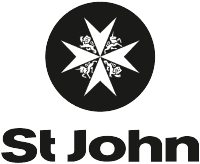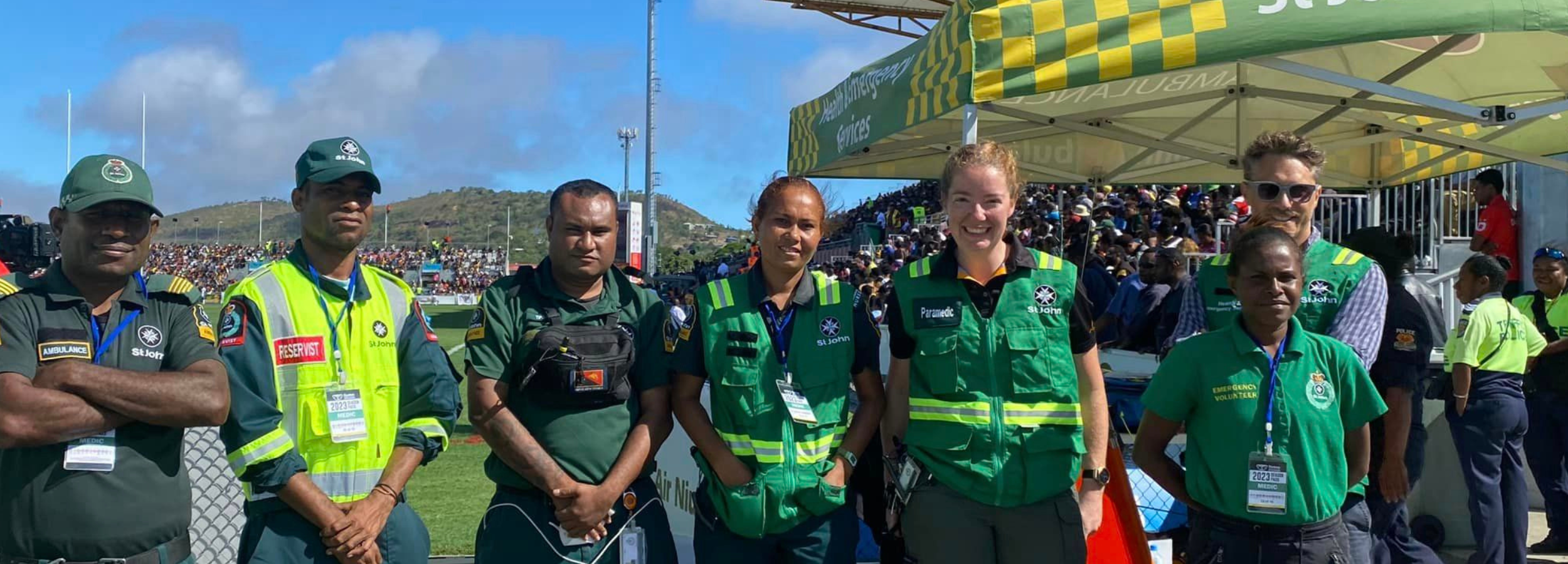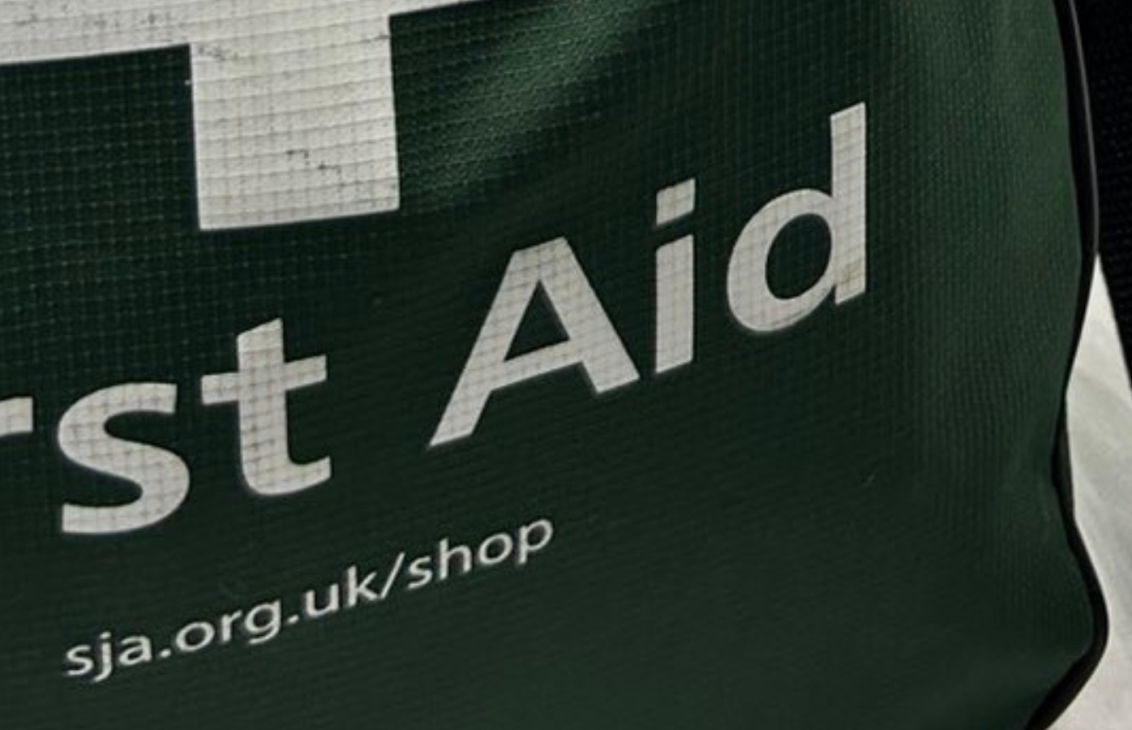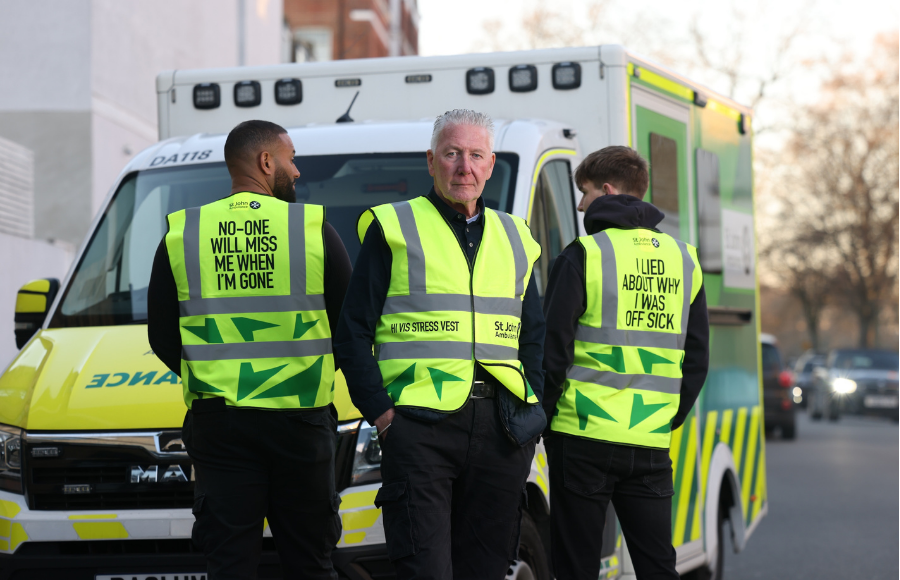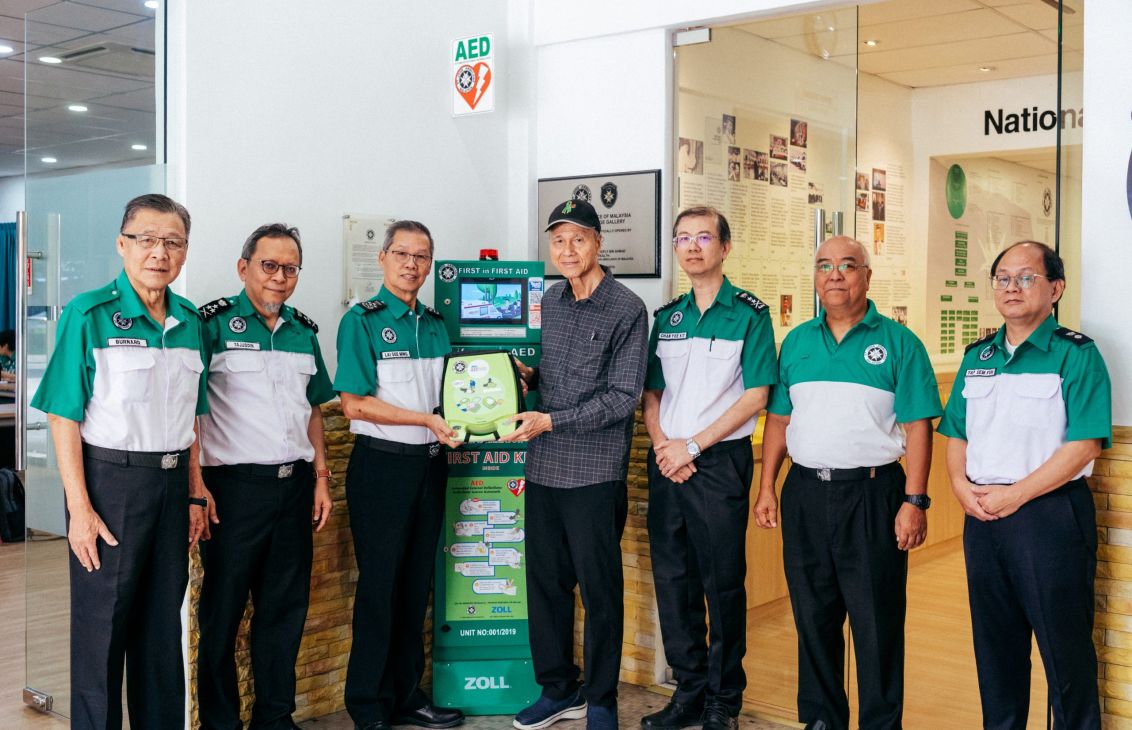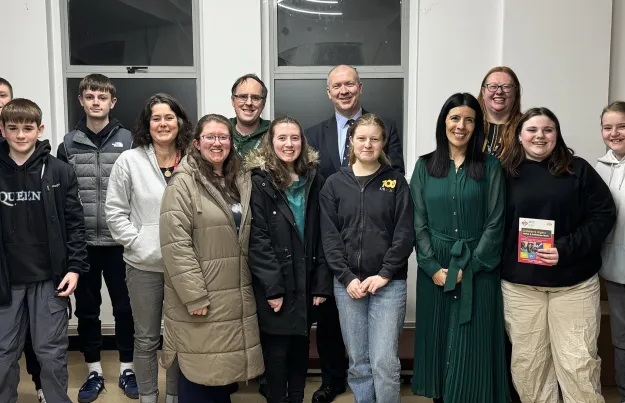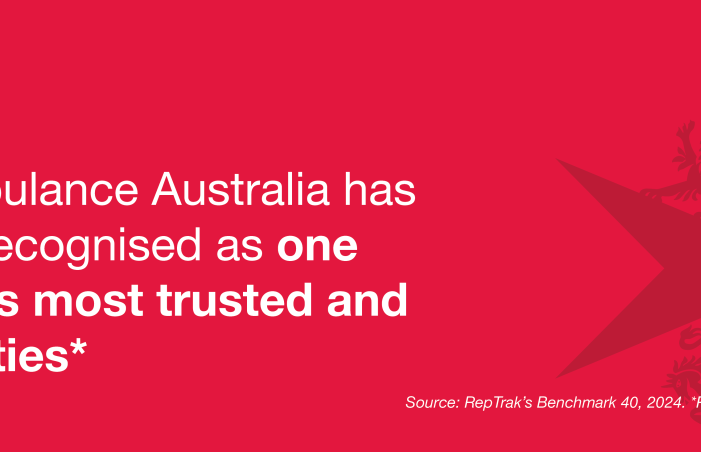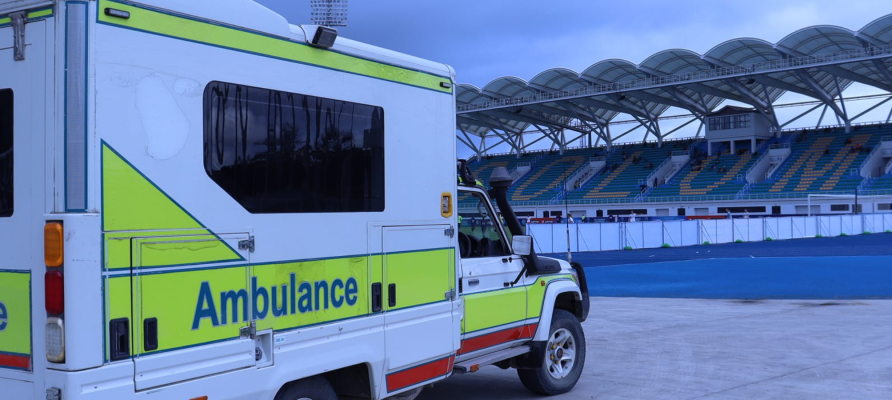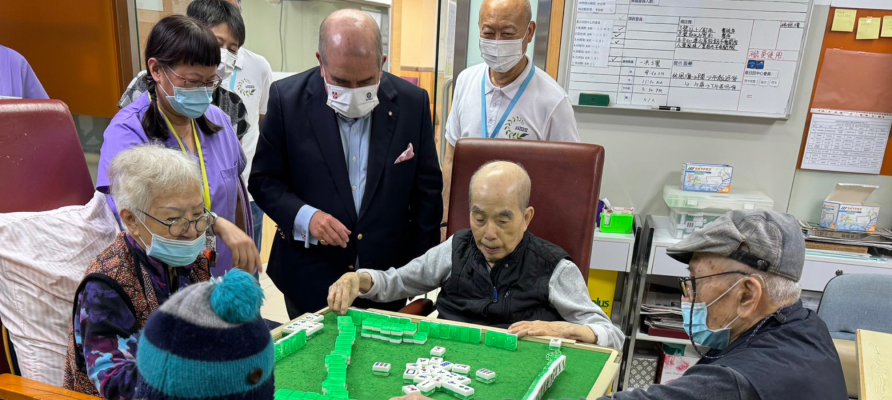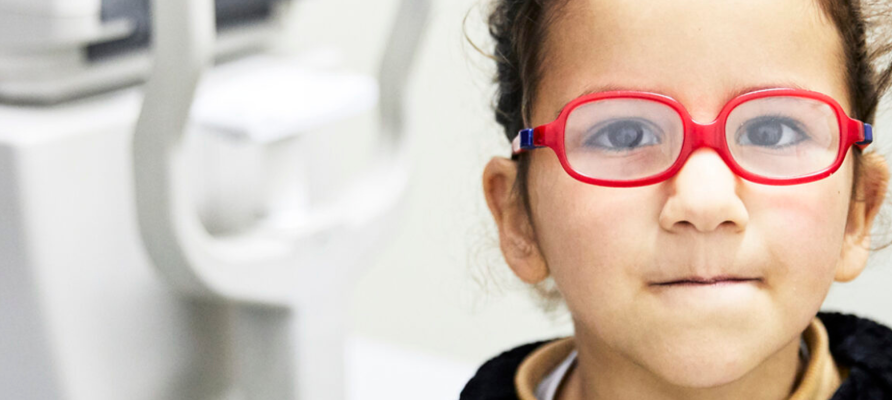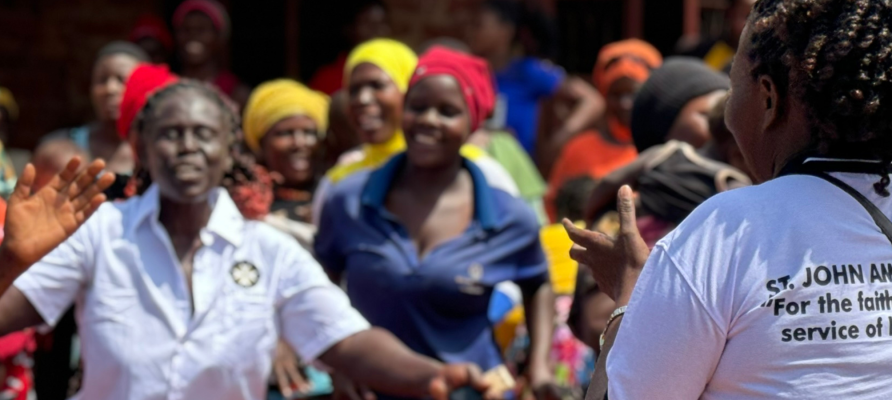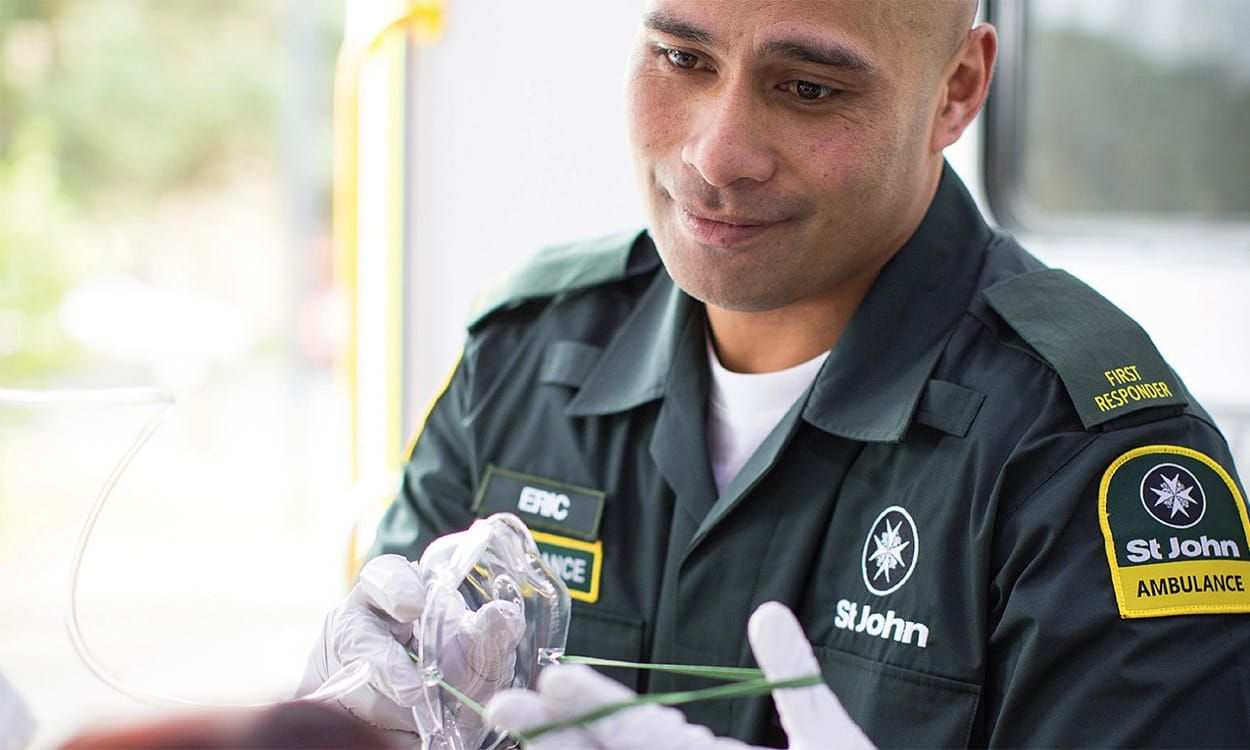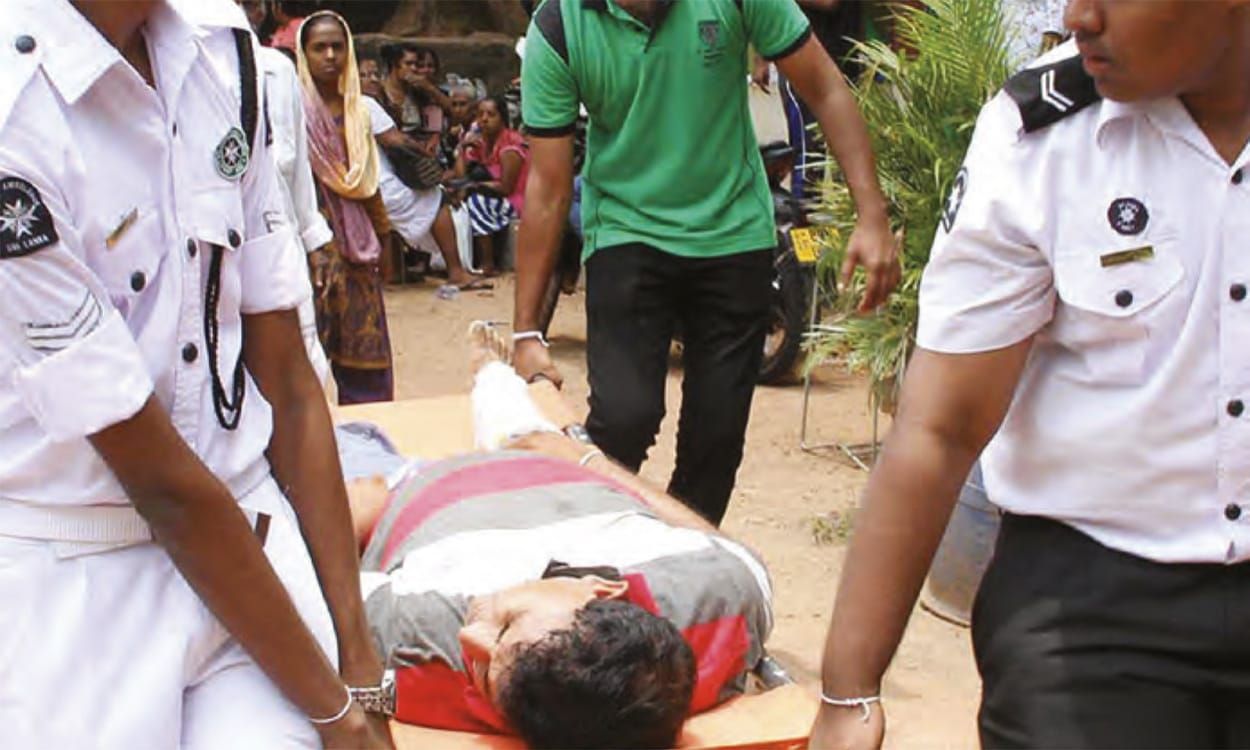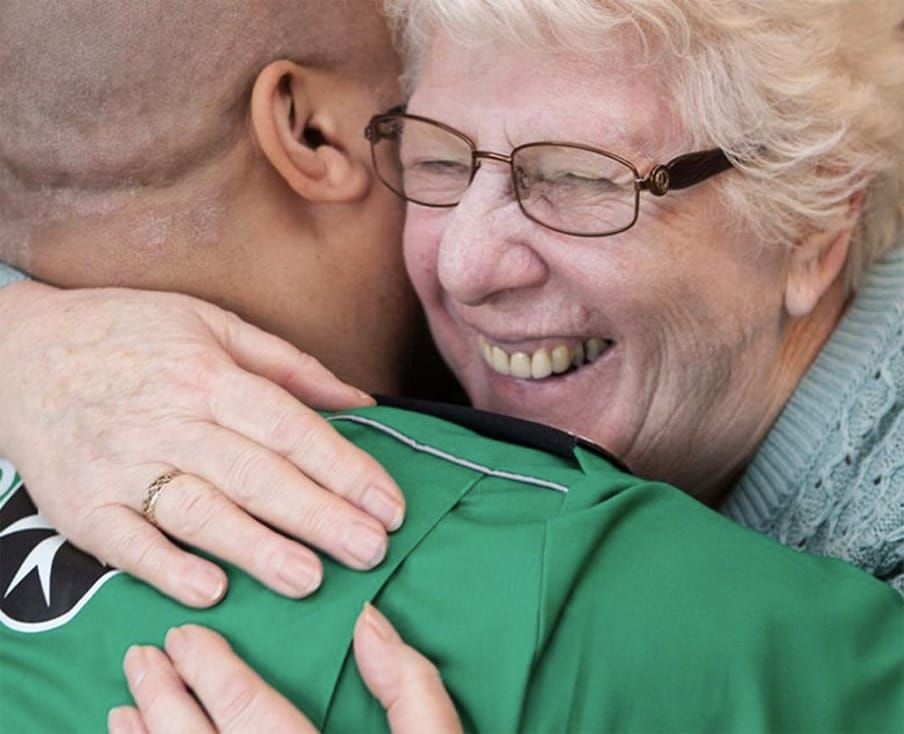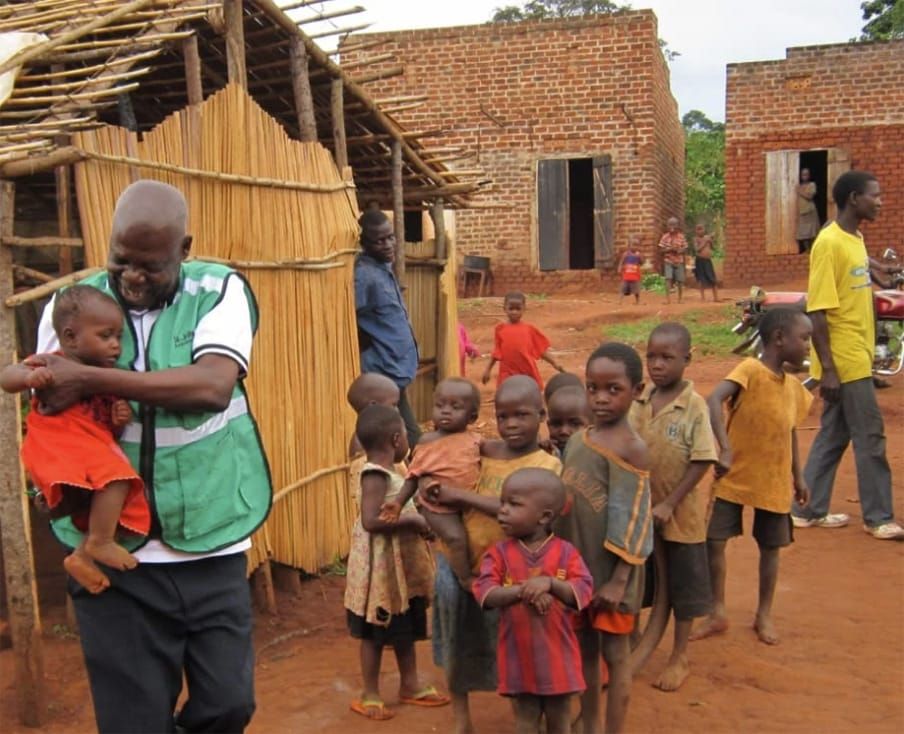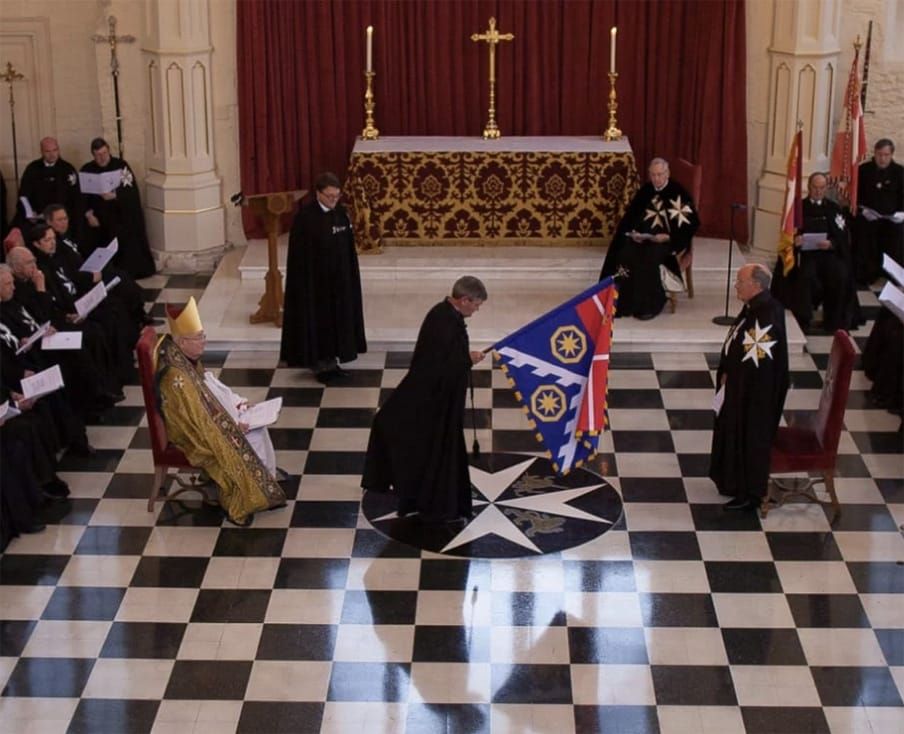What's the challenge?
Around the world, traffic accidents kill around 3500 people every day. 2500 a day are killed in other accidents, 50,000 people die from a heart attack each day. 10,000 die from largely sudden onset symptoms of other chronic conditions such as asthma or diabetes.
(Data from https://ourworldindata.org/causes-of-death)
Not all of these people could be saved, but when an emergency happens outside medical settings, survival chances are dramatically increased if someone present knows some basic first aid techniques and can address immediate needs. First aid does save lives.
First responders are not usually medically trained professionals. Mothers, friends, or bystanders usually see an injury or problem before medical professionals are on the scene to help. Being trained in simple first aid techniques, and having the confidence to help people when emergencies happen, saves lives and lessens the long term impact of injury.
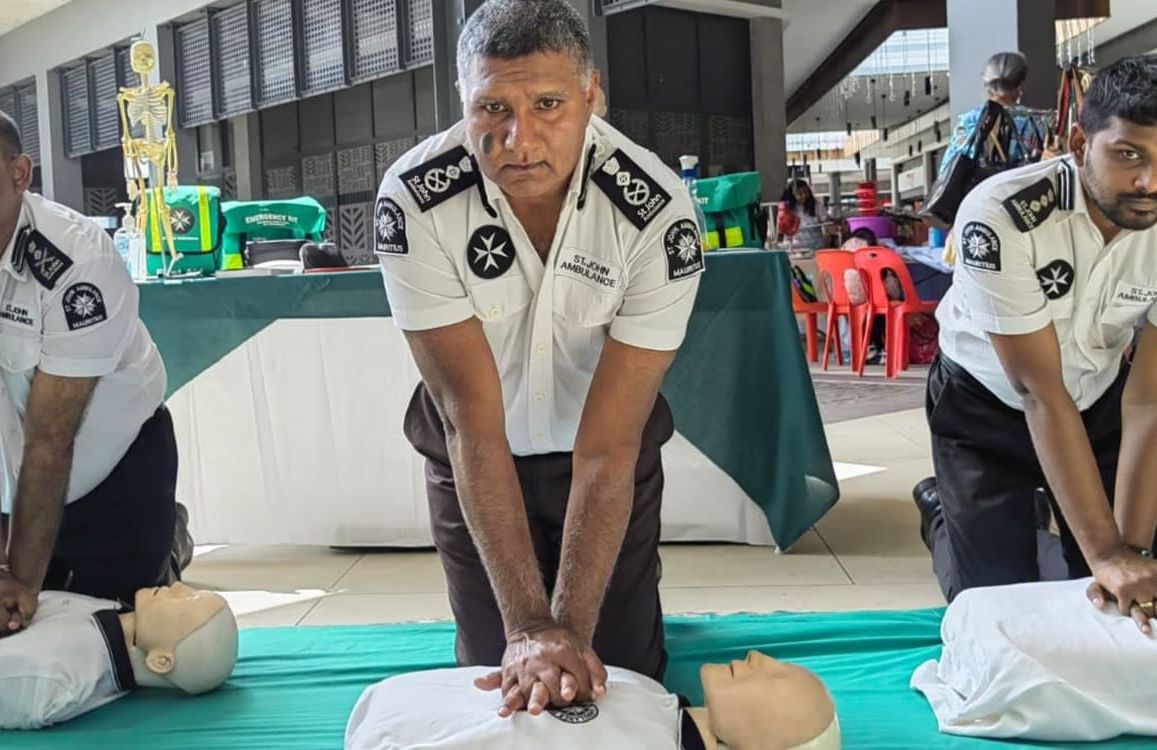
What are we doing?
We offer a broad range of first aid services through our 44 establishments:
Public training
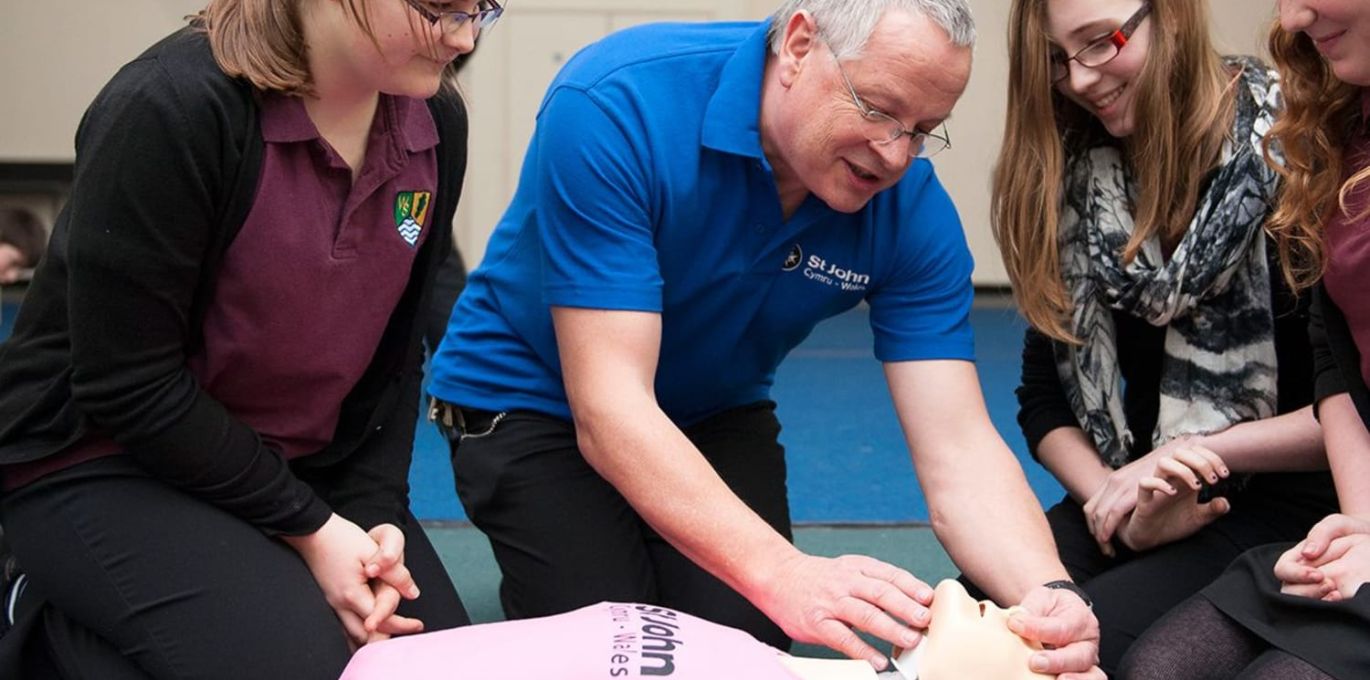
We train in the workplace and in the community and we frequently make special provision for schools or colleges. Our trainers are all certified to professional standards, and we are constantly reviewing and updating our curriculum and our methods to ensure that St John first aid training is leading the world in terms of quality and local relevance. Around the world we train over 2 million people every year.
First aid provision
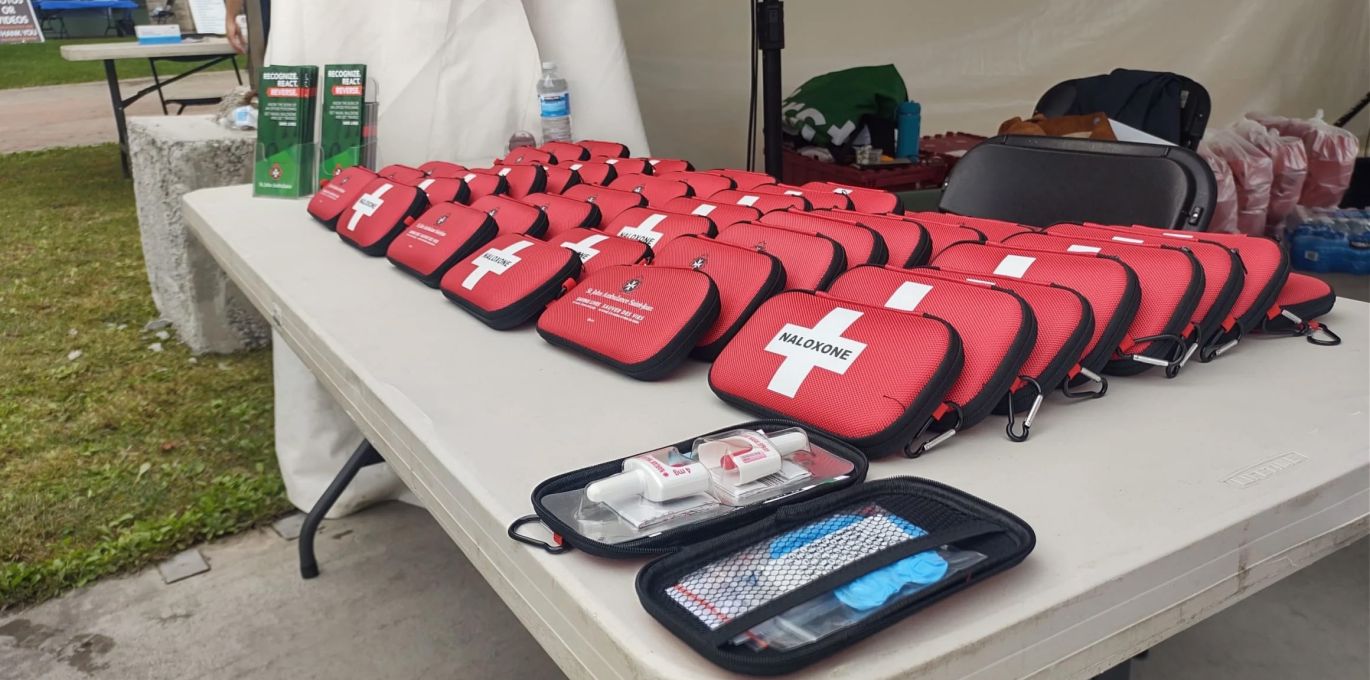
We do everything from providing large teams trained and qualified in major event management, mass casualty triage and management, through to installing, mapping and maintaining networks of defibrillators, or providing ambulance and first aid support at sports events. Our aim is to ensure that in every community we are present, there are people available and confident to provide first aid at any given moment. Our services provide emergency assistance to 1.8mil+ people every year.
1,825,427 People trained in first aid
743,162 People received our care in their community
1877 Providing first aid training since
Where do we work?
First Aid is at the very core of our international mission, and each of our 44 establishments supports the provision and training of first aid. We are providing first aid in a wide variety of cultures and contexts, from Sri Lanka to Canada, from Jamaica to New Zealand or from Malawi to Singapore.
Crucially, the way we deliver first aid is rooted in local volunteerism which means that we are building skills and abilities within local communities, not serving them from outside. We believe it is essential to build first aid skills everywhere, so that no matter where you are, help can be found in your local environment
Working globally, we make sure that we adapt our various first aid trainings to the local needs and conditions. We include treatment of snake bites in Papua New Guinea, and we use story telling as a different teaching approach for courses in the First Nation communities in Canada. Road safety first aid courses in Kenya and Jamaica cater to the high prevalence of traffic accidents, while in the Caribbean our disaster preparedness courses teach school children and community groups about hazards during tropical storms, and how to treat injuries after a disaster. Our mental health first aid courses in England and New Zealand proved themselves essential during the Covid pandemic, when more and more people were struggling with isolation and anxieties. In Canada, St John runs an opioid poisoning response training programme, combatting the epidemic of preventable death from opioids.
- Everywhere in the St John world, our first aiders are keeping people safe at public events, from the local soccer match to marathons, championships to Olympic games.
- Whenever and wherever you see the St John logo on a training certificate, one of our centres, or a first aid tent at an event, it means that you are in safe hands. Our training and services are delivered to the best global standard, reflecting St John’s clinical excellence as a global leader in first aid.
